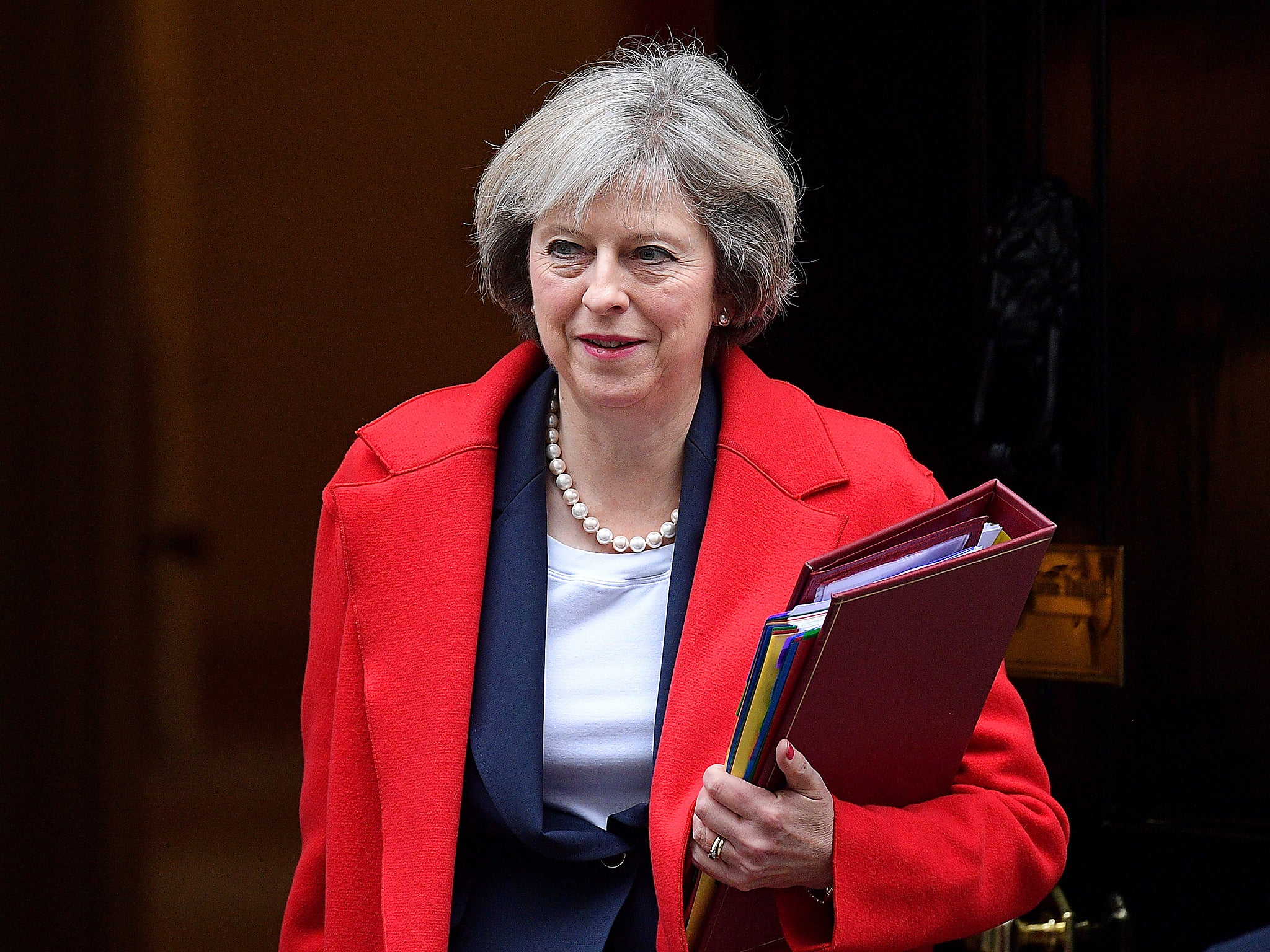Petition against ‘most extreme’ new spying laws receives enough signatures to force parliament to consider debate
Reaching six figures does not necessarily guarantee a vote in parliament, however, and similar petitions have been ignored in the past

Your support helps us to tell the story
From reproductive rights to climate change to Big Tech, The Independent is on the ground when the story is developing. Whether it's investigating the financials of Elon Musk's pro-Trump PAC or producing our latest documentary, 'The A Word', which shines a light on the American women fighting for reproductive rights, we know how important it is to parse out the facts from the messaging.
At such a critical moment in US history, we need reporters on the ground. Your donation allows us to keep sending journalists to speak to both sides of the story.
The Independent is trusted by Americans across the entire political spectrum. And unlike many other quality news outlets, we choose not to lock Americans out of our reporting and analysis with paywalls. We believe quality journalism should be available to everyone, paid for by those who can afford it.
Your support makes all the difference.More than 100,000 people have asked Parliament to repeal new spying laws, forcing MPs to consider debating them. But they are likely to block any further discussion of the hugely controversial bill.
A petition focusing the Investigatory Powers Bill criticises the new surveillance laws, arguing that they allow authorities “unprecedented levels of power” and that they must be revoked. It had received 120,000 signatures at the time of publication, meaning that Parliament must consider it for debate.
It also means that the petition is one of the most popular ever, despite only having been run for a number of days.
The Bill was passed through the House of Lords earlier this month, meaning that it is just awaiting royal assent to pass into law.
At that point, Britain’s Government will gain perhaps the most extreme surveillance laws ever passed in a democracy. Those include rules that force internet companies to collect their customers’ browsing history for a year, and others that allow authorities to force companies to break into their customers phones so that they can be spied on.
The petition had long passed the 10,000 minimum that forces Government to respond to the petition, usually with a statement. And it has now broken through the 100,000 mark, meaning that Parliament must “consider [it] for debate”.
But that doesn’t necessarily mean that such a debate will actually happen. Parliament is allowed to block discussion of petitions that it does not want to debate again.
For example, a petition earlier this year asking Parliament to reverse a cut to disability benefits received nearly 140,000 signatures. But the House of Commons Petitions Committee decided that it wouldn’t schedule a debate on the petition, “because this subject has already been discussed and voted on in the House of Commons”.
Though the Investigatory Powers Bill passed through Parliament relatively quietly and to little opposition from MPs, it has been debated and voted on too and so it is entirely possible that it shut down that debate too.
Join our commenting forum
Join thought-provoking conversations, follow other Independent readers and see their replies
Comments